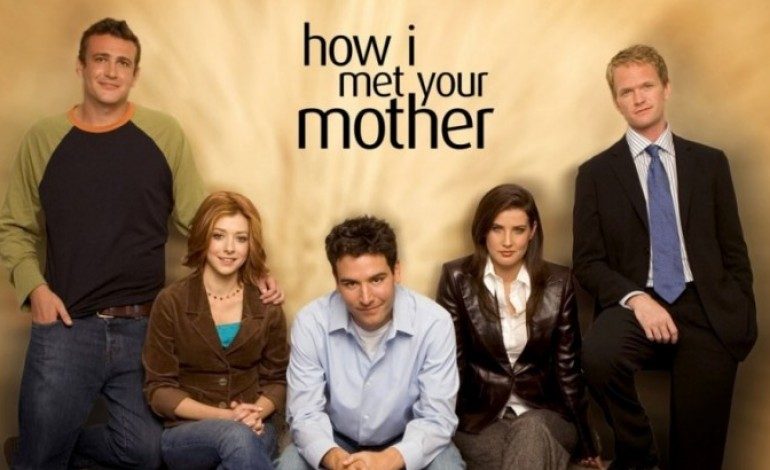

Its pilot season in Los Angeles which means you’re going to hear a lot about new shows that could potentially hit your screen this summer and fall. The networks are now placing orders for single episodes of the shows they believe have the best chance in their lineup. CBS announced today they’re reteaming with in the creators of How I Met Your Mother, Carter Bays and Craig Thomas, ordering a pilot for their new comedy My Time/Your Time. The show is based on web series 7P/10E and follows a couple who are trying to date long-distance – a seemingly slim premise to build a lasting show but the web series actually builds some emotional interest over time.
Here’s the first webisode. It’s less than 5 minutes long:
This will be one of about 8 comedy pilots CBS is ordering, according to an insider at Deadline who rounded up the suspected pilot counts for each network. CBS has also ordered a Kevin James comedy, and is rumored to have 8 drama pilots in the pipeline a well.
Fox is also expected to order 8-9 dramas and comedies each as they seek to fill the programming hole that will be left by the loss of American Idol. They’ve already requested a pilot for a time-travel comedy from a popular script by Phil Lord and Chris Miller, creators of The Lego Movie and Cloudy with a Chance of Meatballs.
ABC and NBC are expected to pony up for 10-11 comedies each and the same number of dramas though NBC, with Chicago Med, Chicago Fire, Chicago PD, The Blacklist, and SVU already renewed, may cut their drama order by half.
So what is a pilot anyway?
Of course we’ll never see the majority of the pilots that are ordered by the networks. A pilot is a standalone episode meant to show network executives how a story pitch holds up on-screen. The machine that churns out the TV shows we love to watch spins up during the fall, when networks hear some 500 hundred pitches for potential series. Each network orders about 70 or so scripts, from which they choose the pilots they want produced. During the spring months thousands of local actors will flock to Hollywood for pilot casting, hoping for their chance to find the next Friends or The Office. If a show is picked up for broadcast then the pilot is often, though not always, the first episode.
If a pitch is given a series order based off the strength of the script then the show is considered ordered straight-to-series. Still, if it bombs with audiences, those episodes may end up being shelved and never make it to air, an expensive choice for the network but less expensive than losing advertisers to bad programming and low ratings. If a pilot doesn’t generate a series order the production company is paid for their efforts, and everyone goes their merry way.
Until next fall when the key turns and the whole operation begins again.

